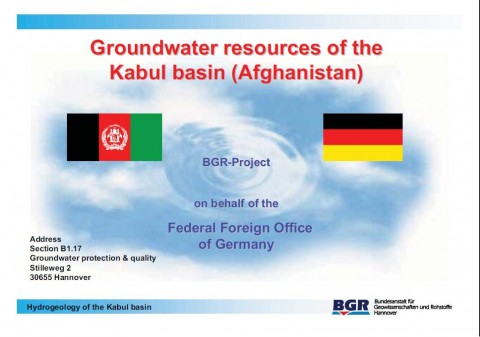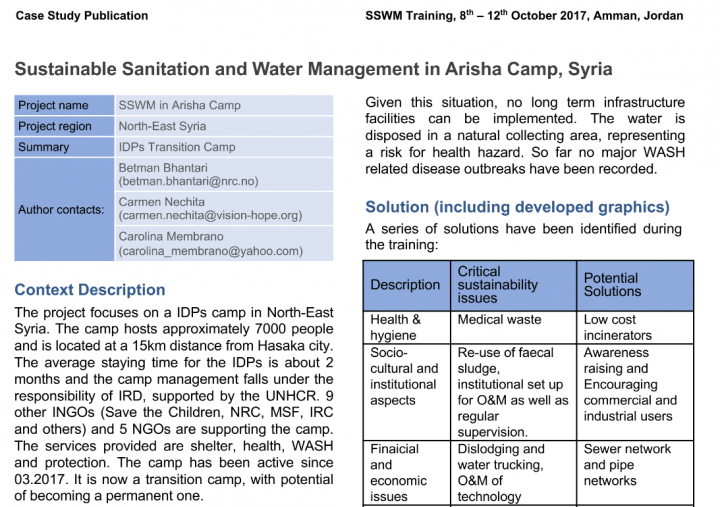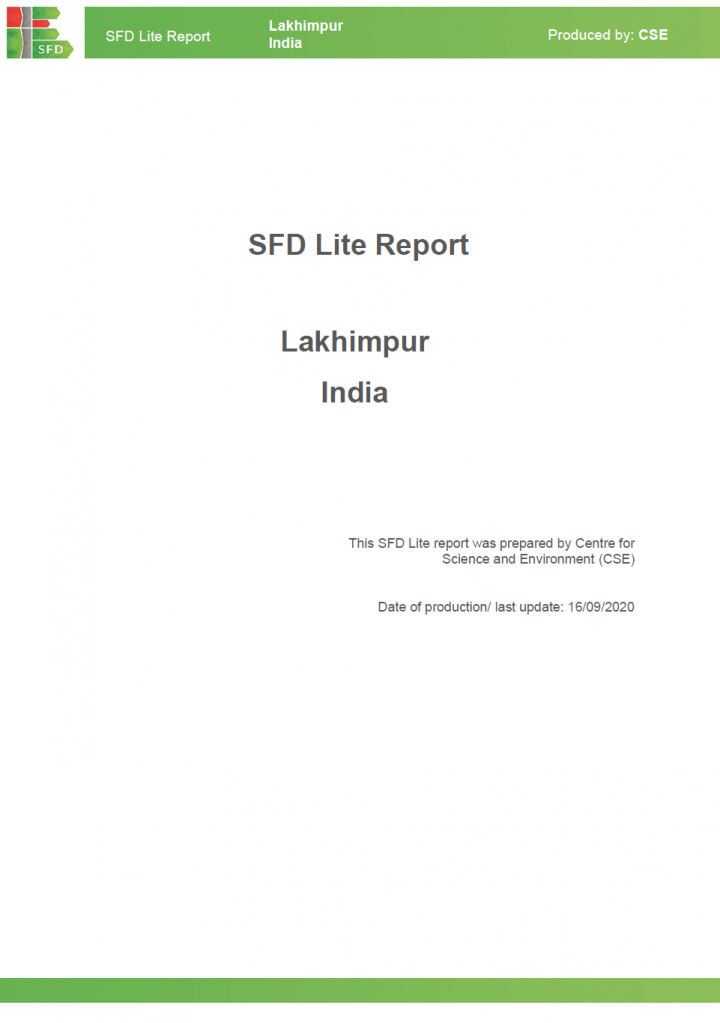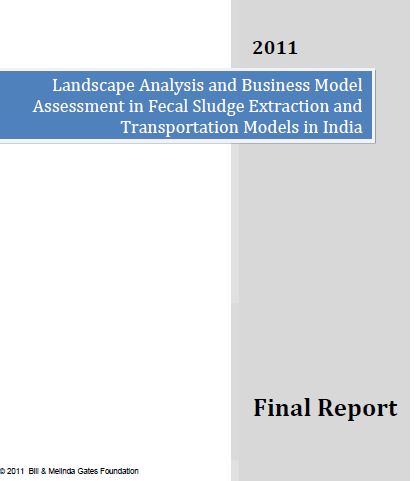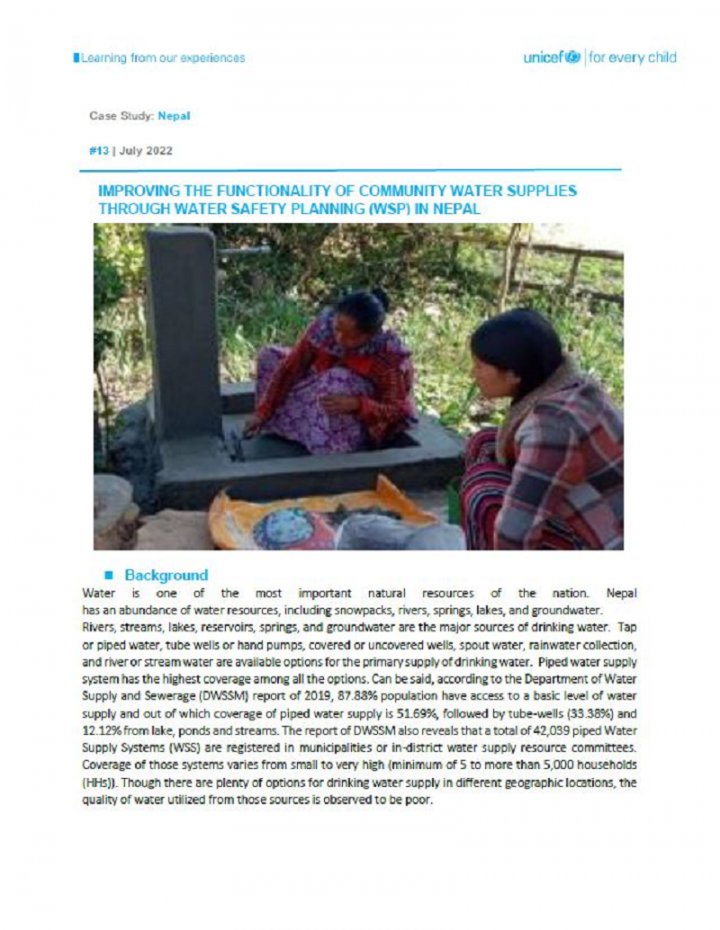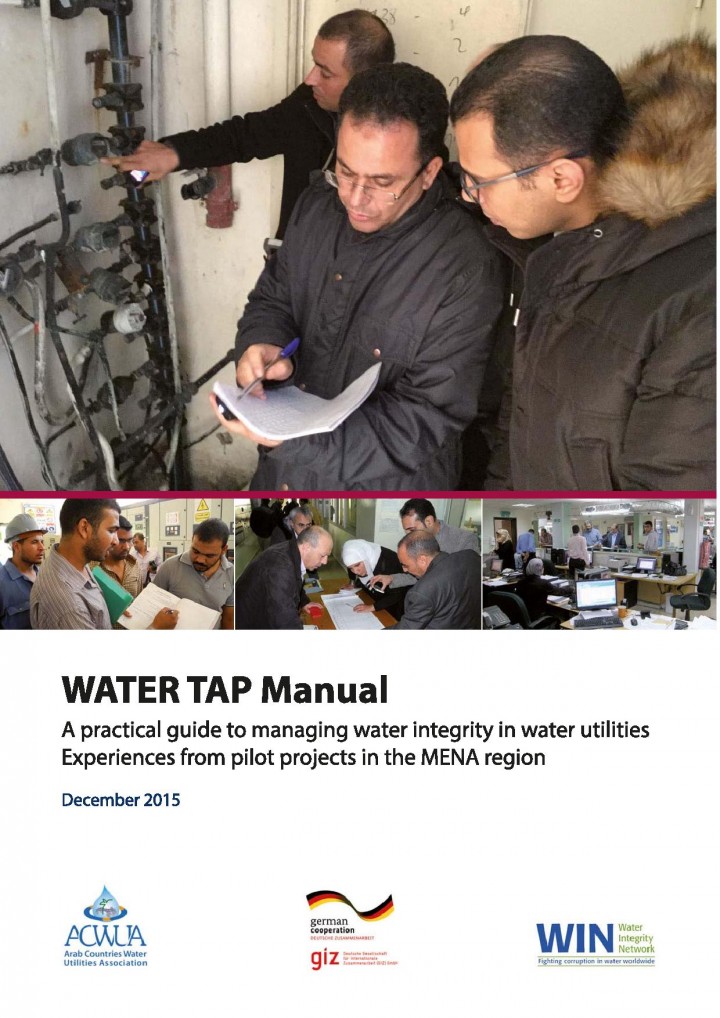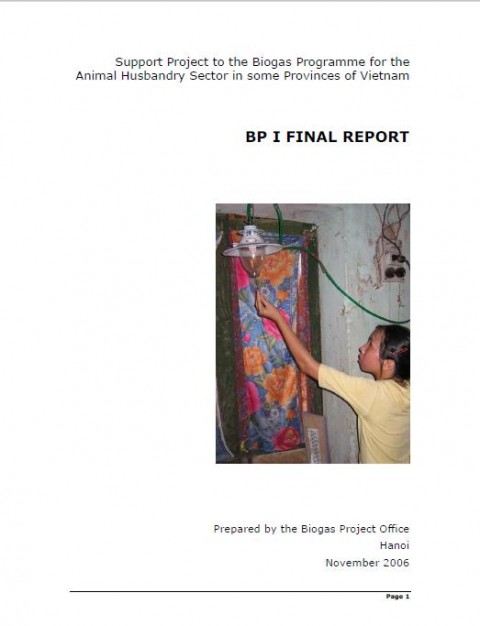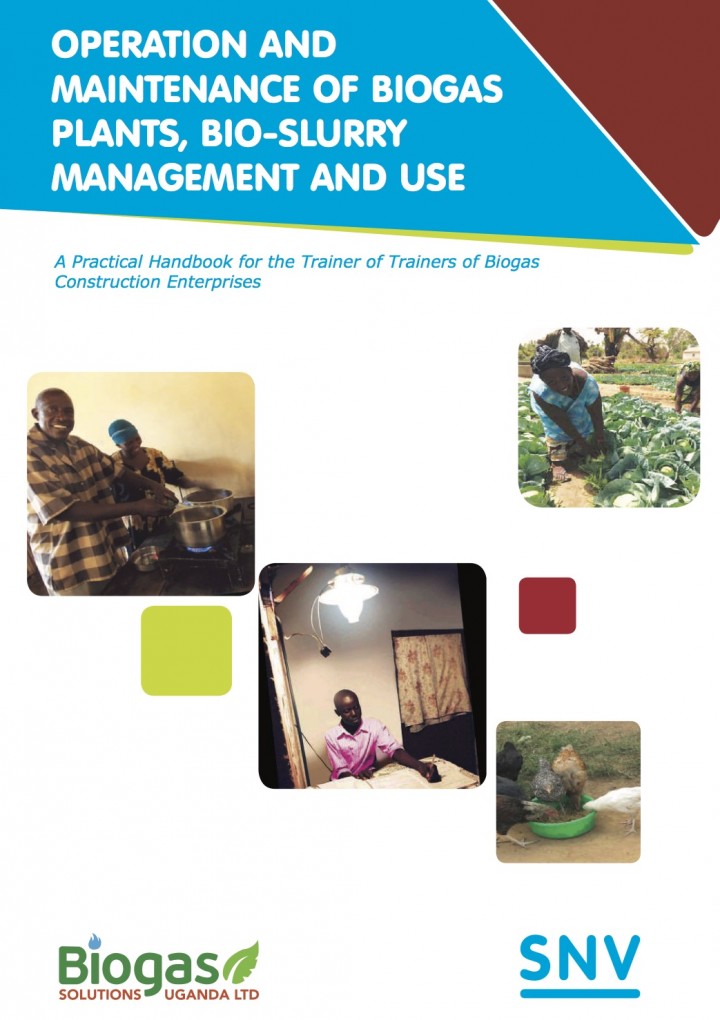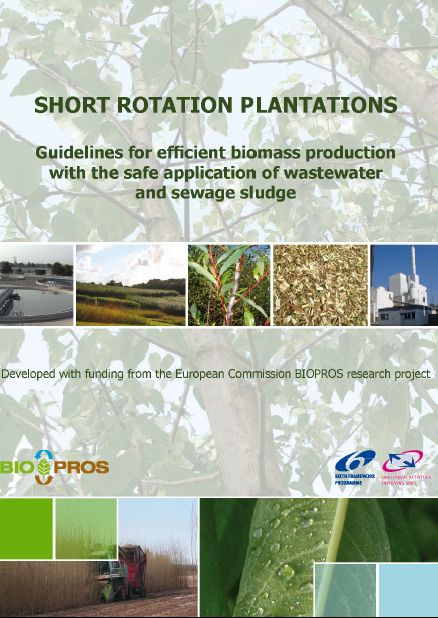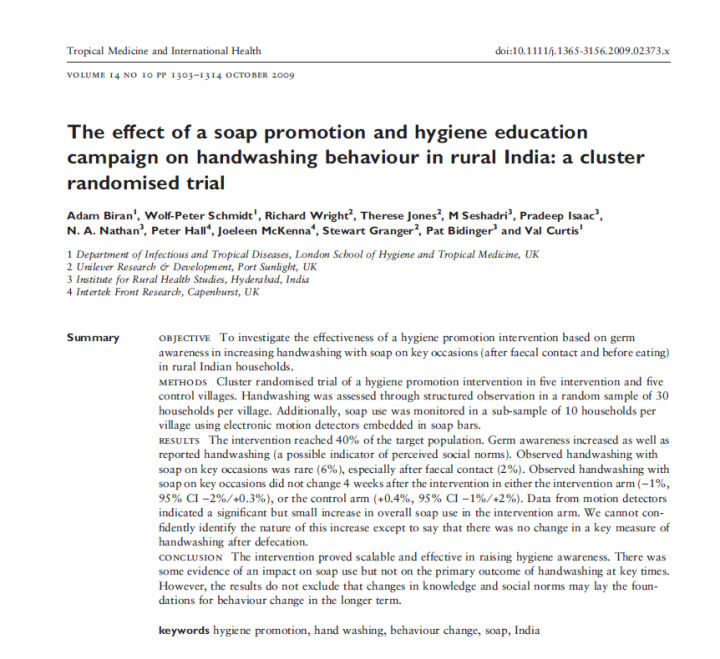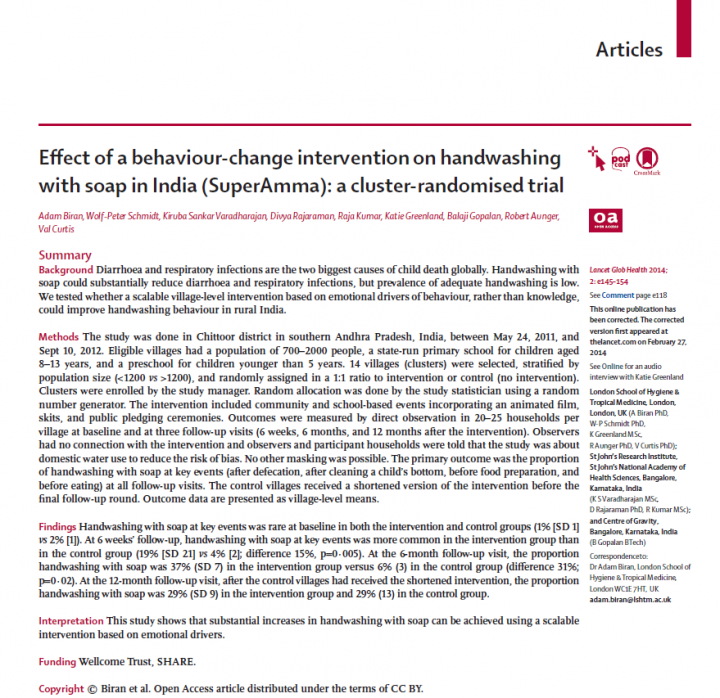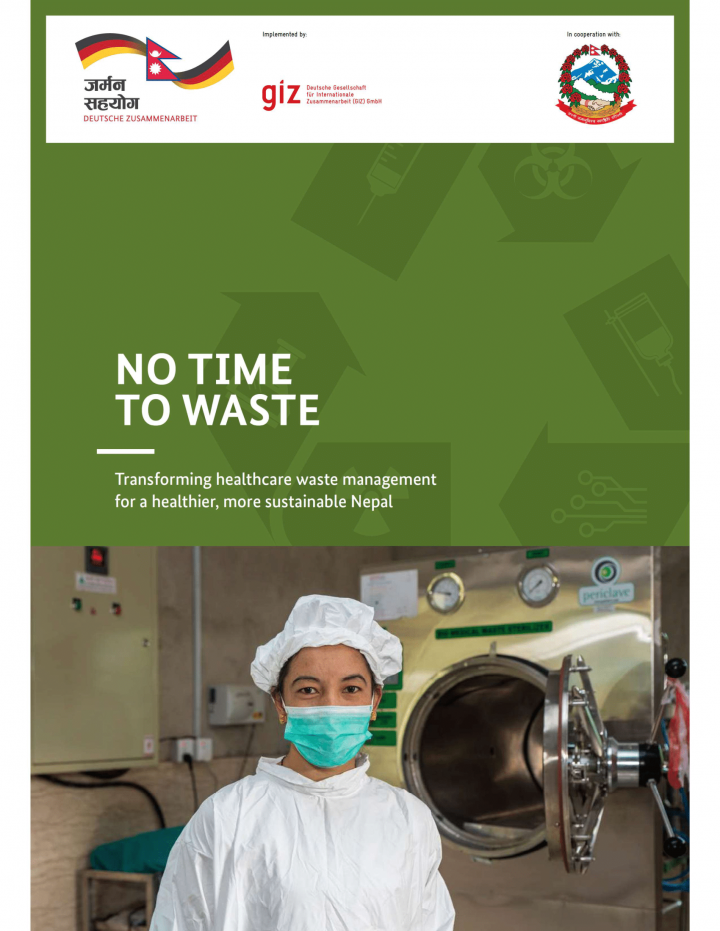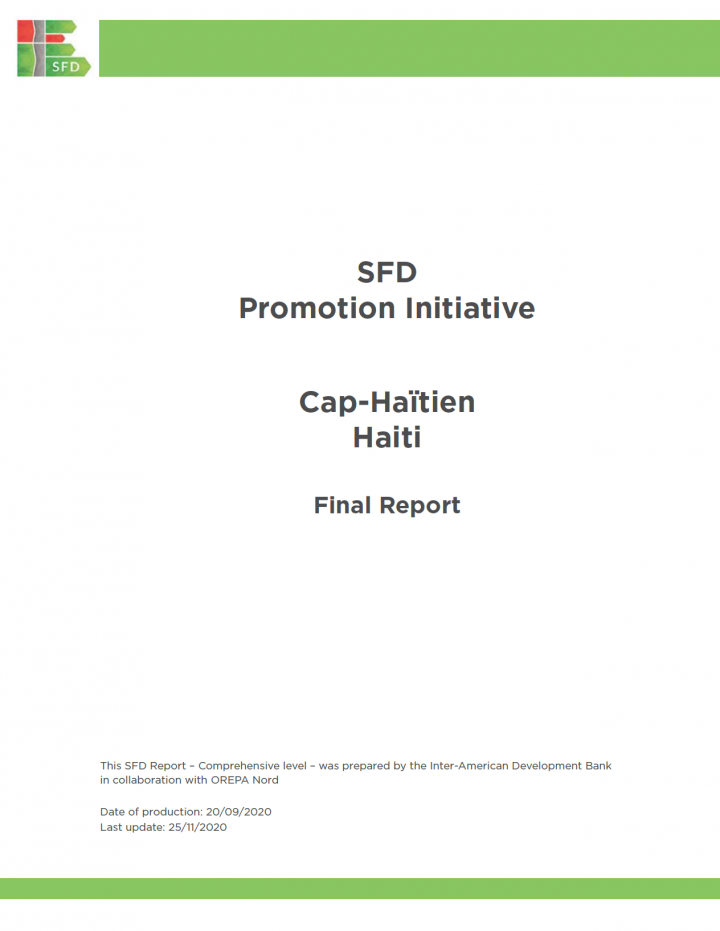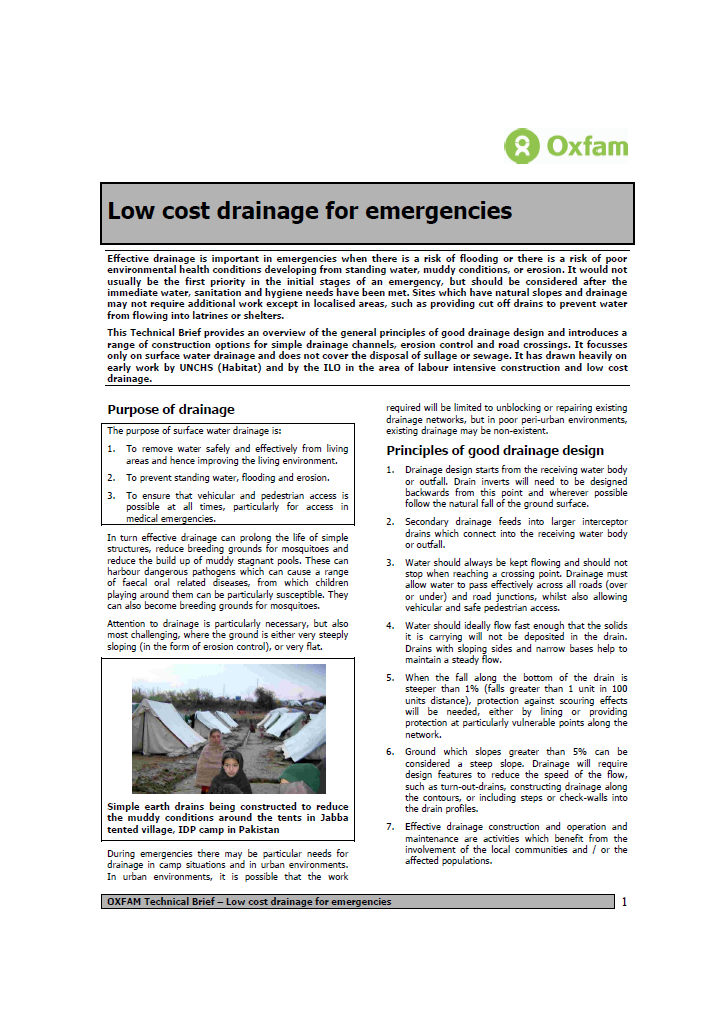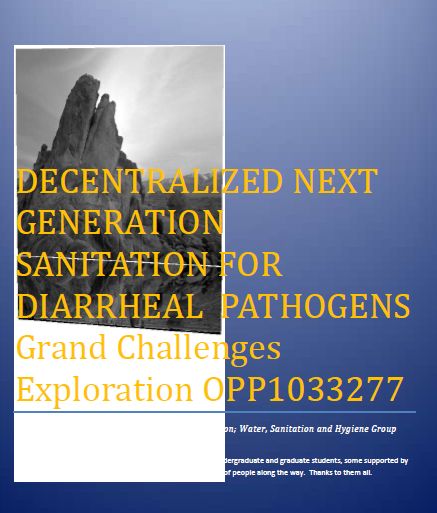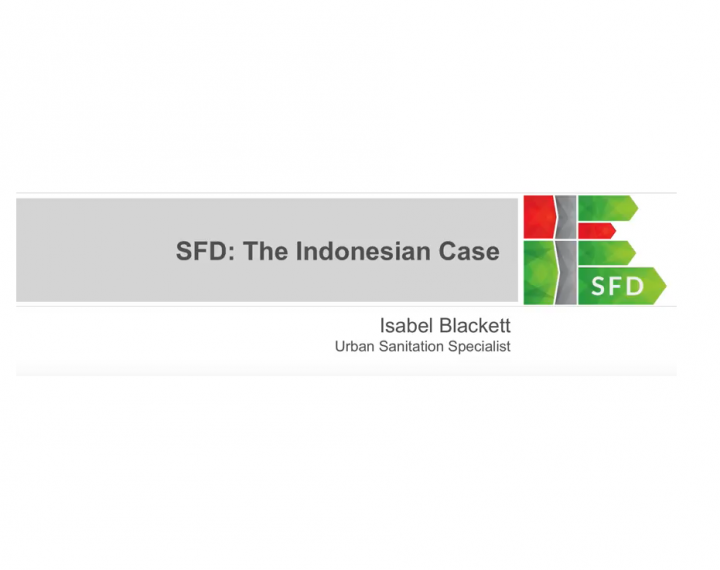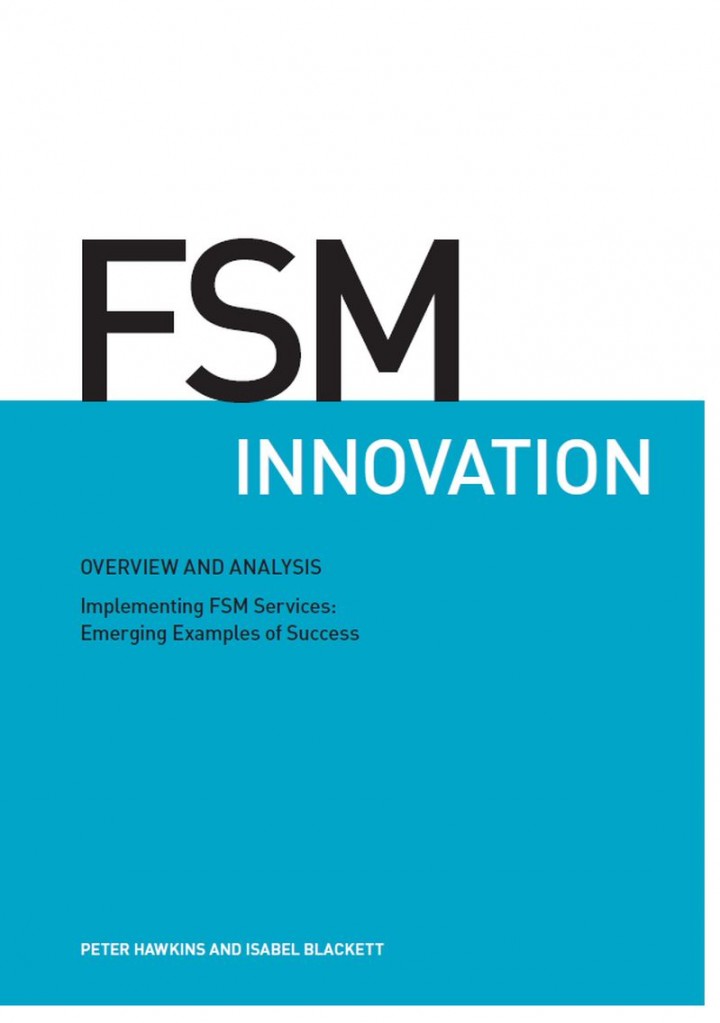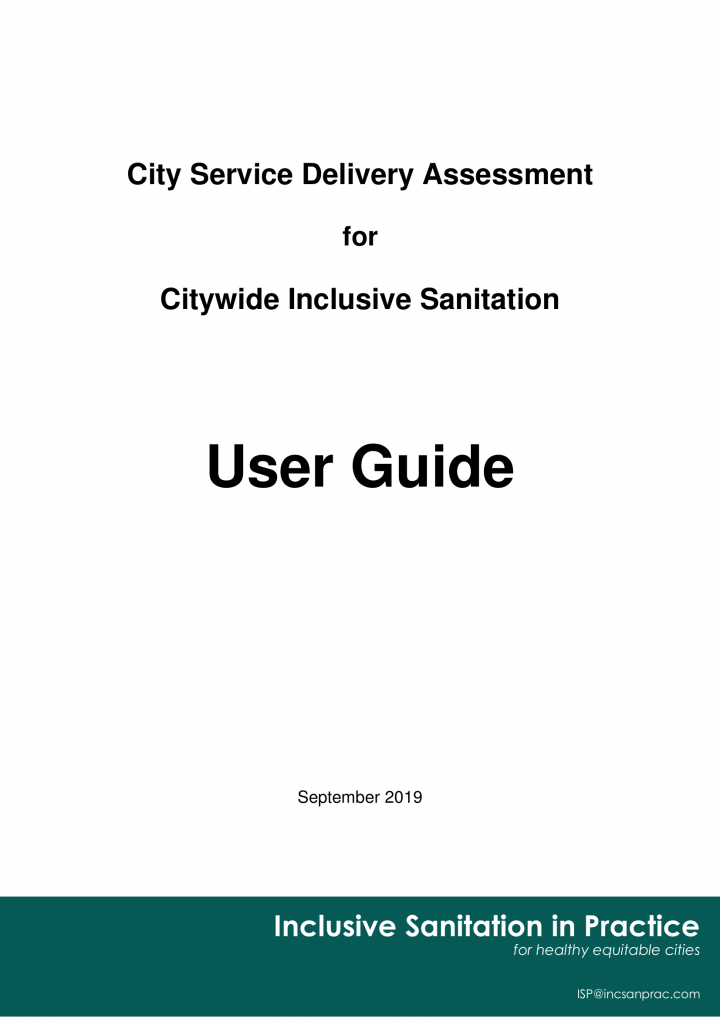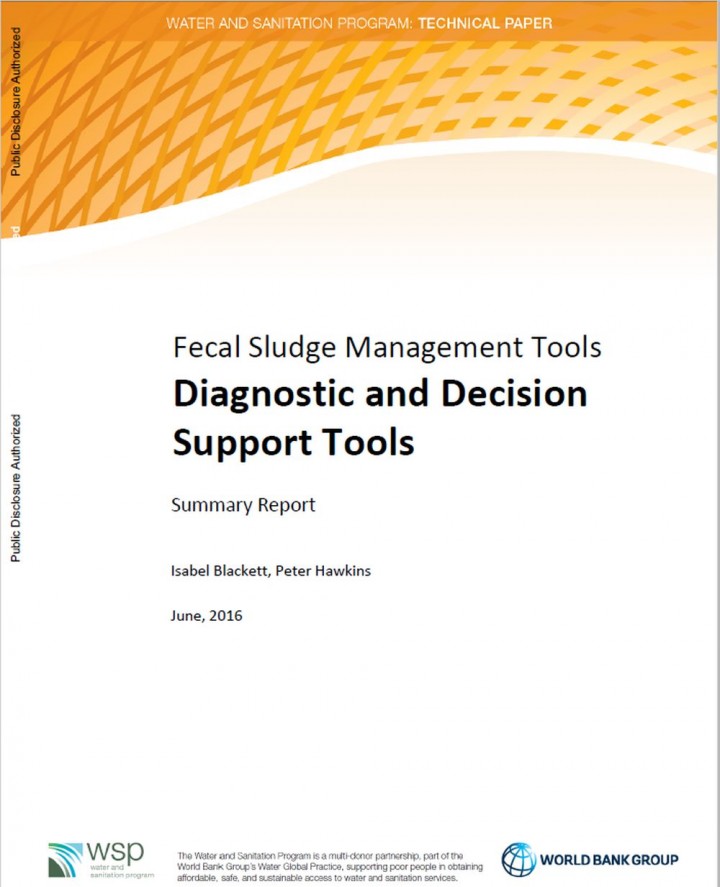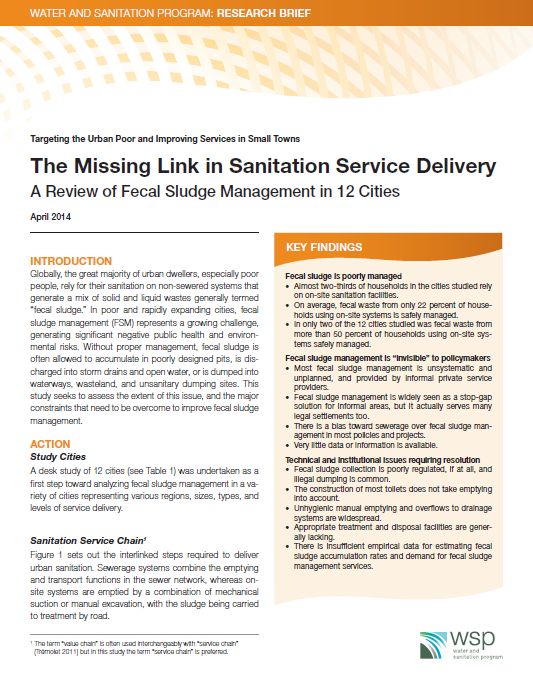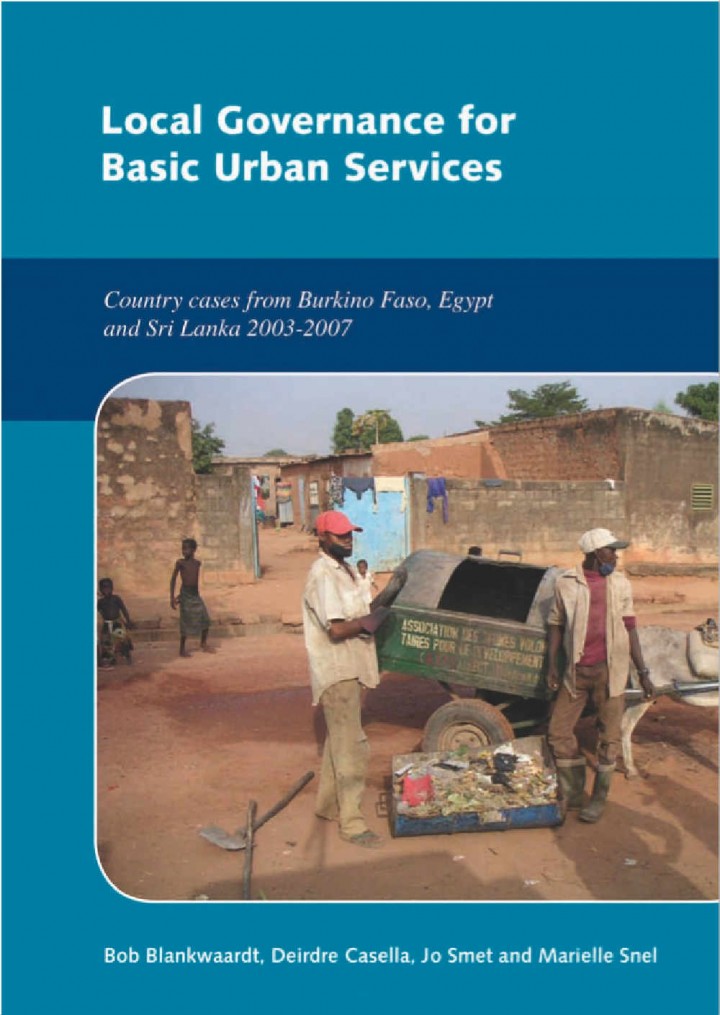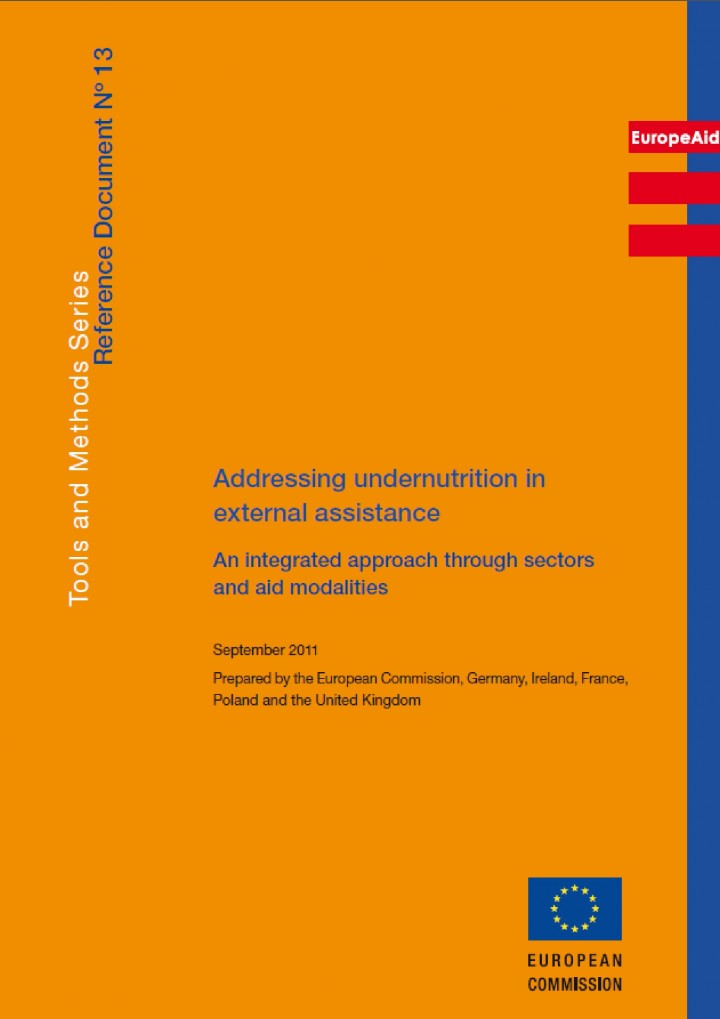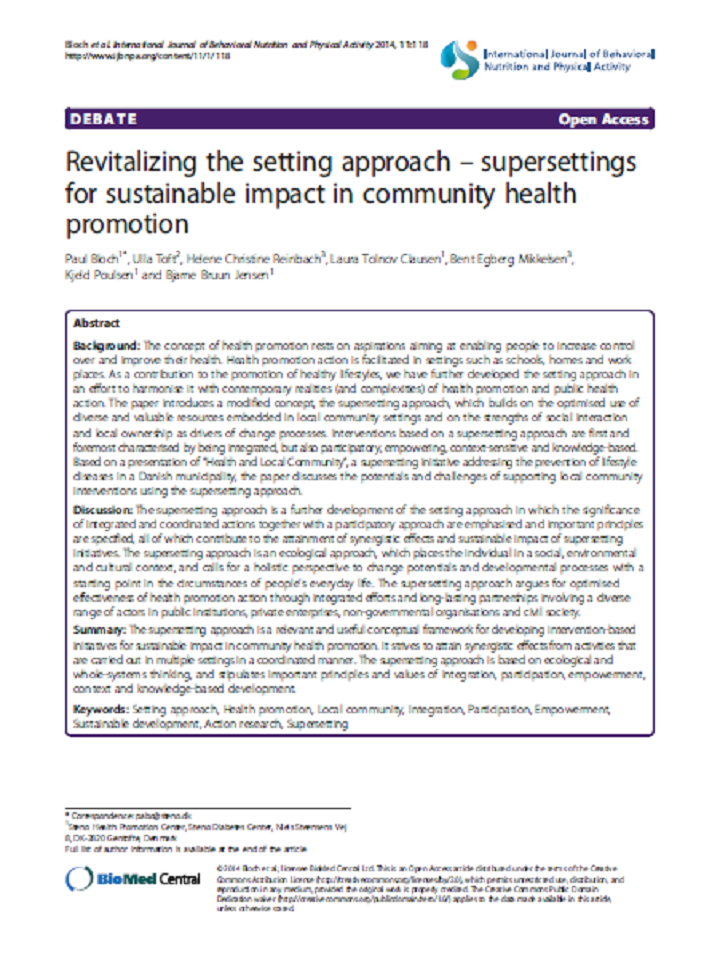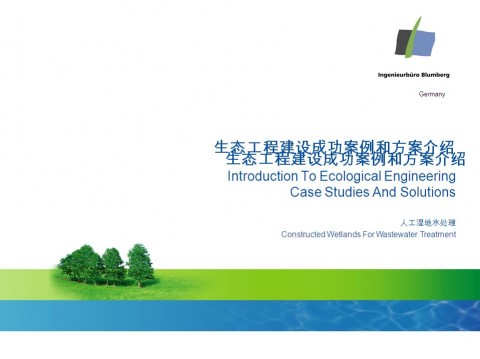Searching for information on Sanitation Workers?
The Sanitation Workers Knowledge + Learning Hub is the best source for all current news, trends, articles and updates on sanitation workers rights around the world.
The project focuses on a IDPs camp in North-East Syria. The camp hosts approximately 7000 people and is located at a 15km distance from Hasaka city. The average staying time for the IDPs is about 2 months and the camp management falls under the responsibility of IRD, supported by the UNHCR.
9 other INGOs (Save the Children, NRC, MSF, IRC and others) and 5 NGOs are supporting the camp. The …
Lakhimpur Kheri is the largest district in Uttar Pradesh, India, on the border with Nepal. Its administrative capital is the city of Lakhimpur. Lakhimpur Kheri district is a part of Lucknow division, with a total area of 7,680 km2 (2,970 sq. mi) out of which 10.10 km2 is the Lakhimpur Nagar Palika. This SFD Report was produced and last updated on 16/09/2020.
Water is one of the most important natural resources of the nation. Nepal has an abundance of water resources, including snowpacks, rivers, springs, lakes, and groundwater. Rivers, streams, lakes, reservoirs, springs, and groundwater are the major sources of drinking water. Tap or piped water, tube wells or hand pumps, covered or uncovered wells, spout water, rainwater collection, and river or …
The handbook includes activities for mobilizing trainees, preparing and conducting training sessions and the layout of training topics. Because of the way it is written, the ToTs or others who may be less experienced in workshop presentation may see this as an opportunity to develop new skills. This particular guide addresses some aspects of trainer preparation but focuses on the content and its …
# Context
The list of publications in this entry are outputs of two BMGF funded projects with our collaborators Tide Technocrats in India (OPP1188987) and Duke Center for WaSH-AID (OPP1173370).
# FSM5 Conference; Cape Town, South Africa, 2019
Presentation: Demonstrating Pathogen-Free Thermal Treatment Solutions Towards ISO/PC 318 Energy Neutrality Requirements
Presentation: …
Diarrhoea and respiratory infections are the two biggest causes of child death globally. Handwashing with soap could substantially reduce diarrhoea and respiratory infections, but prevalence of adequate handwashing is low. Through this research it was tested whether a scalable village-level intervention based on emotional drivers of behaviour, rather than knowledge, could improve handwashing …
This publication describes the beginnings of a movement to address the adverse effects of healthcare waste on both people and the environment in Nepal. Healthcare waste refers to all waste generated in healthcare facilities, research centers and laboratories. It includes a broad range of materials, from potentially hazardous items, such as used needles and syringes, soiled dressings, body parts …
Cap-Haïtien is located in Haiti, in the Caribbean region. It is Haiti’s second largest city after its capital, Portau-Prince, with an estimated population of 404,766 in 2017 (IDB, 2017). The city of Cap-Haïtien is located within the commune of Cap-Haïtien, which is divided into three communal sections (sections communales), the smallest official administrative unit.
For the SFD graphic, …
Effective drainage is important in emergencies when there is a risk of flooding or there is a risk of poor environmental health conditions developing from standing water, muddy conditions, or erosion. It would not usually be the first priority in the initial stages of an emergency, but should be considered after the immediate water, sanitation and hygiene needs have been met. Sites which have …
An excreta flow diagram (also often described as a shit flow diagram or SFD) is a tool to readily understand and visually communicate how excreta flows through a city or town. Based on the contributing population it shows how excreta is or is not contained as it moves from defecation to treatment then disposal or end-use, and whether the flows are safe or unsafely contained.
This video shows how …
Worldwide, 2.7 billion people rely on onsite sanitation and more than 4.5 billion people do not have access to safely managed sanitation services. Yet, in many places there is still no management system in place to deal with the faecal sludge (e.g. septage and pit latrine sludge) from such systems. This results in the faecal waste often being dumped directly into the immediate residential …
What is the CSDA tool?
A Faecal Waste Flow Diagram (SFD) illustrates what the sanitation situation is citywide, but not the underlying reasons for that situation. The City Service Delivery Assessment (CSDA) is a complementary tool to assess why the situation is as it is. It supports a systematic process for working with stakeholders to assess the enabling environment for citywide inclusive …
Urban sanitation remains a significant challenge for most low and middle income countries. The urban population of the group of Least Developed Countries (LDCs) more than tripled between 1990 and 2015. While access to sanitation in LDCs has increased in relative terms, in absolute terms the number of people using unimproved sanitation has increased. Under the post-2015 …
This short booklet presents a summary of IRC’s activities within the framework of the Basic Urban Services (BUS) Initiative, carried out over a five-year period (2003-2007) through an Agreement of Cooperation with UNCHS (UN-Habitat). The activities formed an integral part of, and contribution to, the implementation of the Second Phase Dutch Support to the Sustainable Cities Programme (SCP). …
The EU Reference Document on Addressing Undernutrition in External Assistance seeks to help transform aid programmes so that they can achieve real progress in preventing undernutrition. It provides a detailed description of how nutrition benefits can be realised by modifying the design of programmes in all relevant sectors and thematic areas - from health to governance, food security to gender.
The concept of health promotion rests on aspirations aiming at enabling people to increase control over and improve their health. Health promotion action is facilitated in settings such as schools, homes and work places. As a contribution to the promotion of healthy lifestyles, we have further developed the setting approach in an effort to harmonise it with contemporary realities (and …

